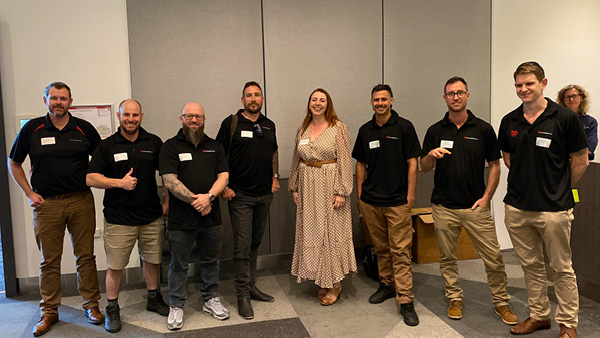Empathy is the ability to understand and feel what another person is feeling. It's closely linked with kindness, compassion and being there for other people.
In the third episode of our Wellbeing Series by The Resilience Project, we learn that practicing empathy and doing something for someone else releases the 'feel-good hormone' oxytocin. Oxytocin is a hormone that boosts your energy levels and self-esteem, and producing more can help reduce stress, increase positive emotions, and improve overall life satisfaction.
Empathy is something you can practice in everyday situations; it's not just for big or serious occasions, you can practice it daily with anyone around you. Being kind towards a cashier, a friend or a family member can make a difference – to both your wellbeing and theirs.
Here are a few ways you can practice empathy in your daily life:
- Call or text someone who might need reminding that you care about them.
- Actively listen to others. This means giving them your full attention, asking clarifying questions, and genuinely trying to understand their perspective.
- Try to imagine what it would be like to be in the other person's shoes, to help you understand their feelings and respond more compassionately.
- Give a colleague a compliment or some positive feedback about their work.
- Give someone your seat on public transport.
For more, watch our Empathy episode in our online Wellbeing Series from The Resilience Project.
The entire Wellbeing Series is available on Monocle, and the Resilience Project Wellbeing Hub has an extensive range of resources and information you can access at any time.
If you have any questions or want to know more about the Resilience Project program, contact the Health and Wellbeing Program.




Leave a comment